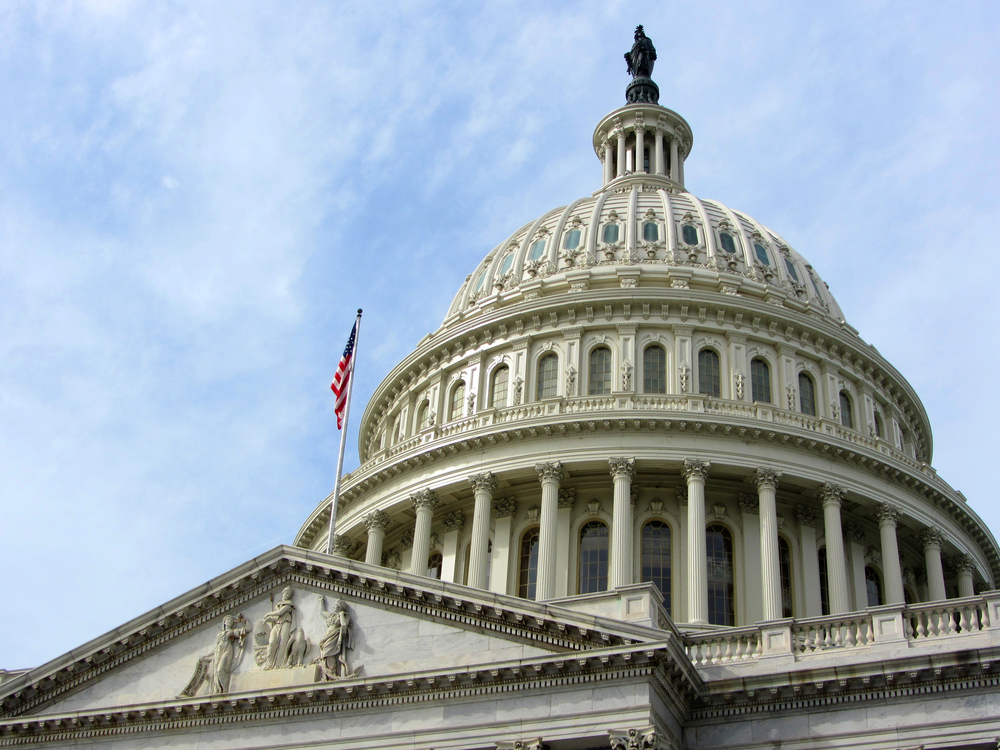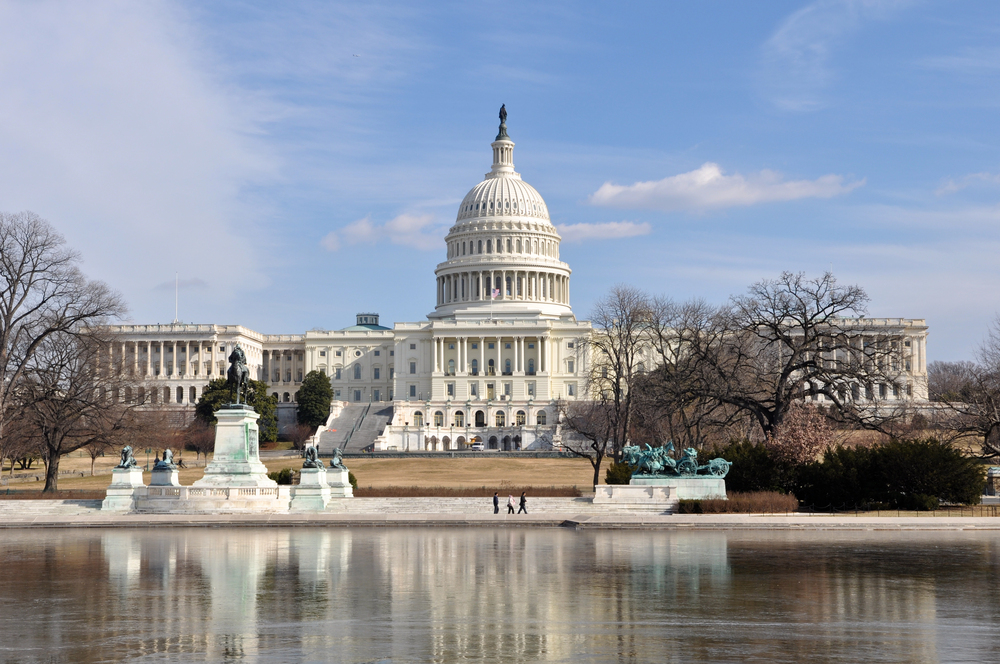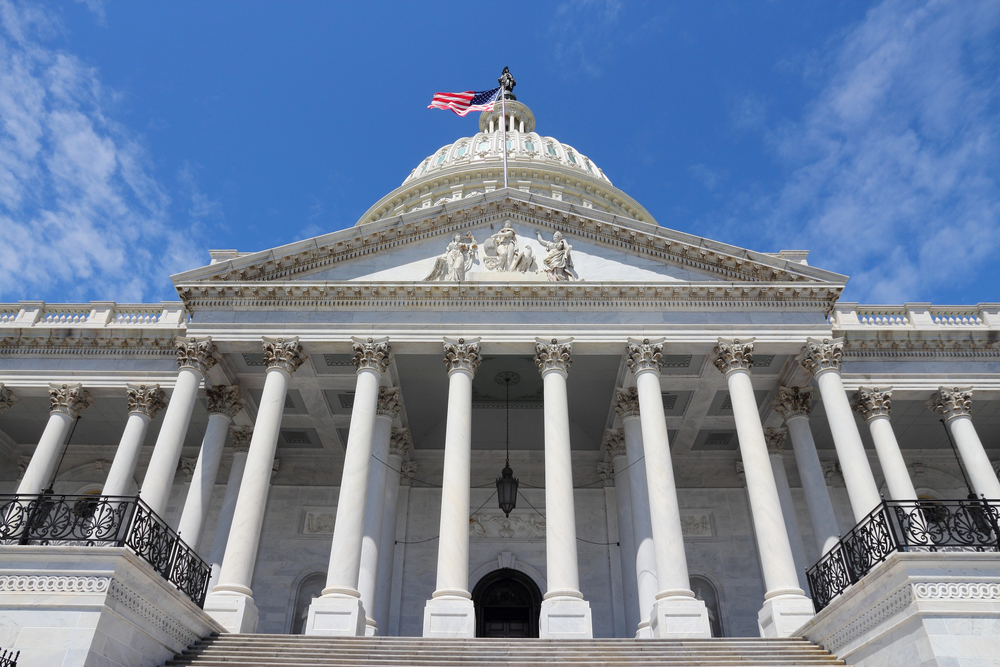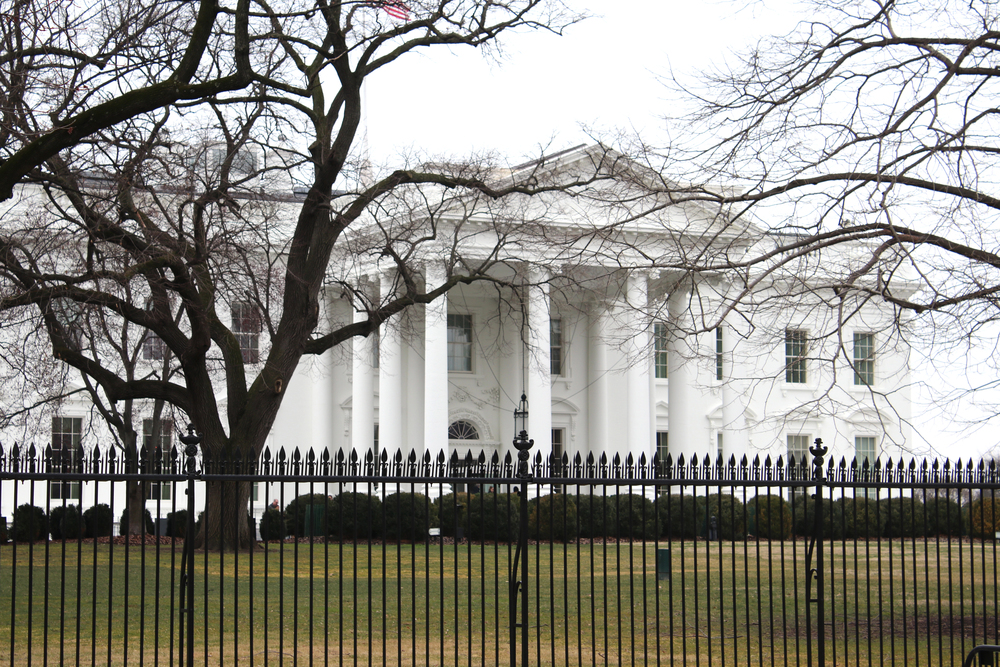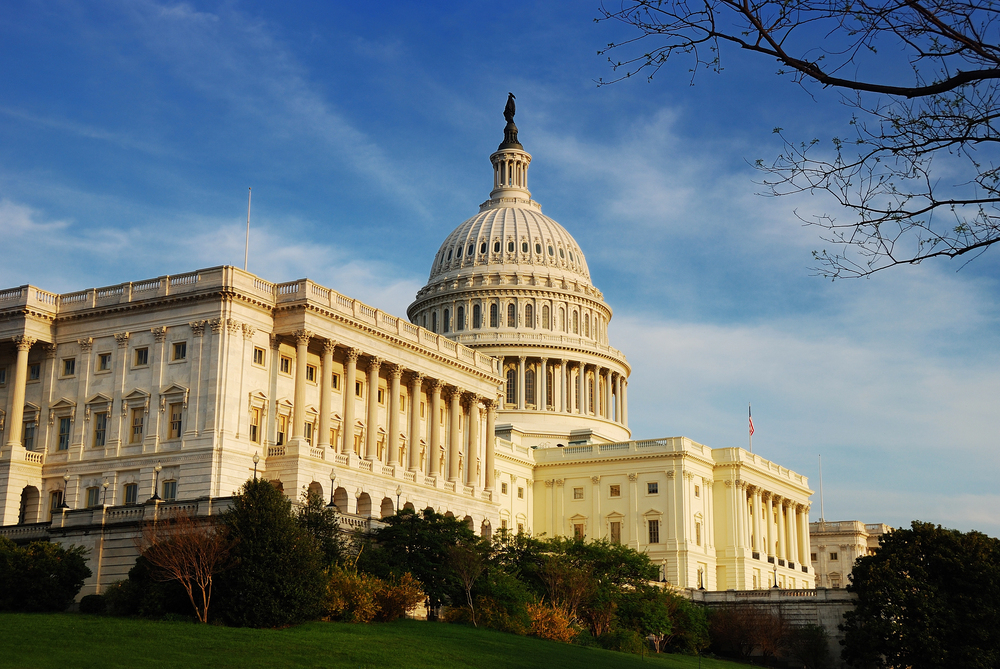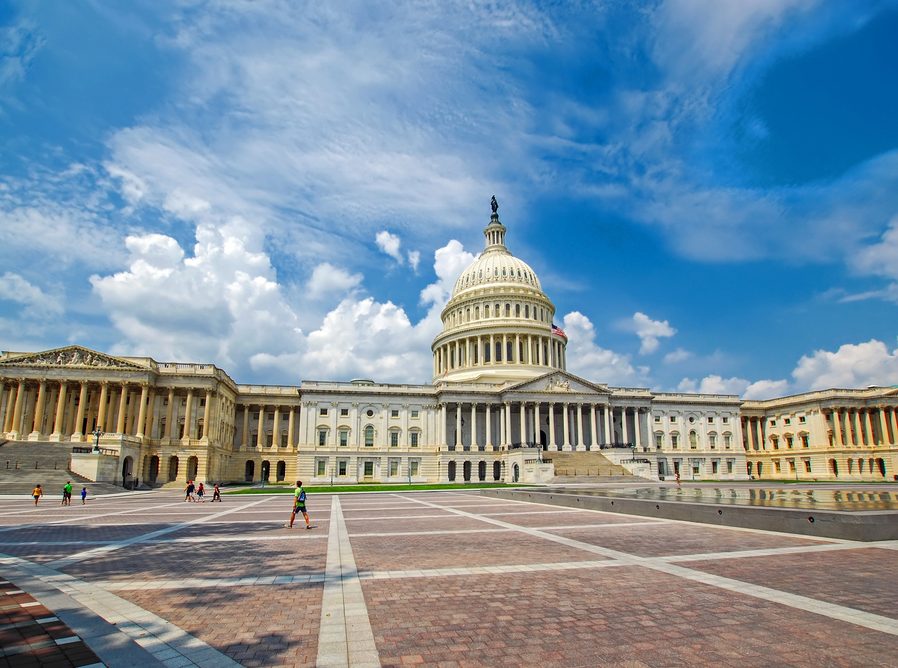Supreme Court Hears Arguments in ACA Case
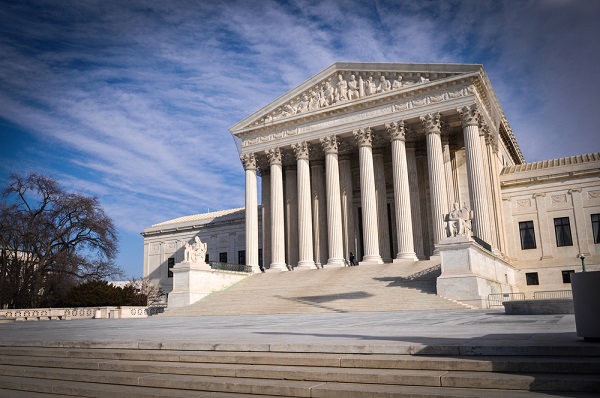
By: Wyatt Stewart
Earlier this week, the U.S. Supreme Court heard oral arguments in a case brought by the Trump Administration and a group of Republican-led states arguing that the Affordable Care Act (ACA) should be ruled unconstitutional.
The plaintiffs argued that because Congress eliminated the ACA’s penalty for the individual mandate in 2017, the whole law should be invalidated. Their argument centers around the theory that because the mandate was so interwoven with other provisions of the ACA that the whole law should be struck down in its entirety without the mandate’s penalty.
However, even with Justice Amy Coney Barrett’s recent addition to the Supreme Court giving conservatives a 6-3 advantage, most court watchers expect the ACA to survive this legal challenge. While the court could very well rule that the individual mandate without its penalty is unconstitutional, it seems likely they would leave the rest of the law in place based on the court’s severability doctrine.
Oral arguments presented on Tuesday only added to that expectation with Republican nominees Chief Justice John Roberts and Associate Justice Brett Kavanaugh both making statements that showed skepticism toward the arguments for overturning the entire ACA.
When addressing the plaintiffs, Chief Justice Roberts noted, “I think it’s hard for you to argue that Congress intended the entire act to fall if the mandate were struck down when the same Congress that lowered the penalty to zero did not even try to repeal the rest of the act.” Roberts continued, “I think, frankly, that they wanted the court to do that. But that’s not our job.”
Associate Justice Kavanaugh continued the chief justice’s line of thinking, saying, “It does seem fairly clear that the proper remedy would be to sever the mandate provision and leave the rest of the act in place, the provisions regarding preexisting conditions and the rest.”
A decision is expected toward the end of June 2021.
Wyatt Stewart is Big “I” assistant vice president of federal government affairs.


